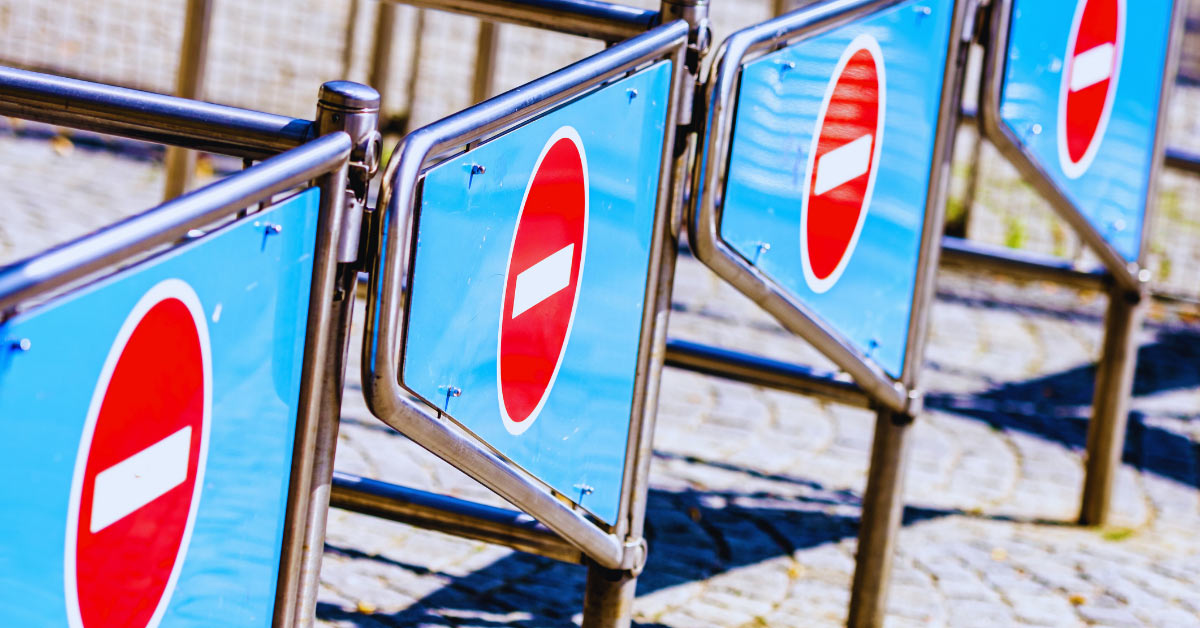 On top of a potential border adjustment tax (BAT), President Trump has also threatened to impose a 45% tariff on imports from China. Imported goods that would be affected by this tariff include clothes and electronics. According to the Tariff Act of 1930, President Trump could impose “tariffs of up to 50% and then, if escalation was required, block imports completely.”
On top of a potential border adjustment tax (BAT), President Trump has also threatened to impose a 45% tariff on imports from China. Imported goods that would be affected by this tariff include clothes and electronics. According to the Tariff Act of 1930, President Trump could impose “tariffs of up to 50% and then, if escalation was required, block imports completely.”
However, those affected companies may avoid the 45% tariff on imports by using a Bonded Warehouse or a Foreign Trade Zone (FTZ). For example, in South Florida, numerous importers bring merchandise into the U.S. that is not intended for U.S. consumption, but rather for exportation and consumption overseas. Those importers can take advantage of either a Bonded Warehouse or FTZ to bypass the 45% duties.
What is a Bonded Warehouse?
A Bonded Warehouse “is a customs regulated warehouse which must comply with strict Custom and Border Protection requirements.” According to the CBP, any merchandise that is stored in the Bonded Warehouse “is under the joint custody and joint supervision of both CBP and the Bonded Warehouse proprietor.”
The most notable rationale to use a Bonded Warehouse is that it offers a duty exemption feature as “it is a secure location where imported goods are stored without the importer or warehouse owner having to pay any duty” before the merchandise has been withdrawn for consumption.
The major benefit is that duties are only paid to CBP “upon withdrawal of the merchandise” for consumption in the U.S.
Imported goods can be stored in the warehouse for up to five years, and those goods can be manipulated or undergo manufacturing operations. “With a Bonded Warehouse, you can store restricted items until you are able to move them elsewhere or get permission to bring them into the country,” according to the regulation.
What is a Foreign Trade Zone?
A Foreign Trade Zone (FTZ) is a secure area that is under CBP supervision, but is not considered within customs territory. The CBP explains that FTZs are “located in or near CBP ports of entry,” and are the American version of what are known in the rest of the world as free trade zones. Both domestic and foreign goods may be placed in an FTZ.
Under the FTZ procedures, there is no requirement for payment of duties on foreign goods while placed in the FTZ. Duties are strictly payable only if those foreign goods enter CBP territory and are for domestic consumption.
Similar to the Bonded Warehouse, the Port of Miami website explains that there are various advantages to choosing an FTZ. “While in the zone, merchandise is not subject to U.S. duty or excise tax” and goods can be transferred to another zone, or exported from the zone without being charged duties.
In contrast to a Bonded Warehouse, goods can be stored in an FTZ for an unlimited amount of time, and manufacturing and manipulation is also permitted within the zone.
Additionally, “[d]uty is payable on either the imported components or the finished product, whichever has the lower rate. There is no duty on waste material or on value added manufacturing such as labor, overhead and profit.”
With an ability to curtail the possible 45% import tax by opting for either a Bonded Warehouse or an FTZ, the time to apply is now.






disqus comments